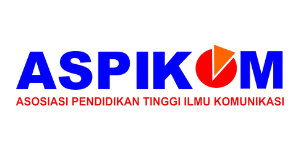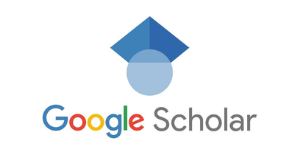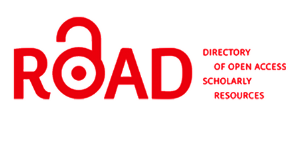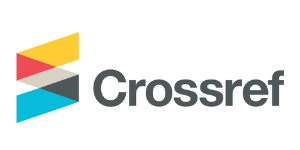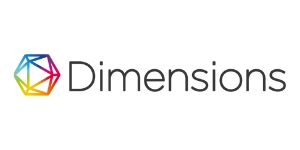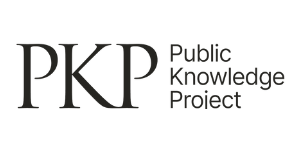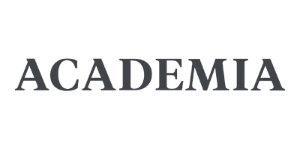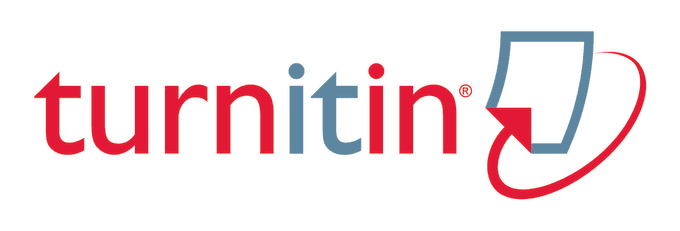New JCPR Article Template – Effective from Vol. 4 No. 1 (January 2025)
Starting from Volume 4, No. 1 (January 2025), JCPR has implemented a new article template to improve formatting consistency and meet international academic standards. All submissions must follow this updated format to proceed with the review process.
Read more about New JCPR Article Template – Effective from Vol. 4 No. 1 (January 2025)

